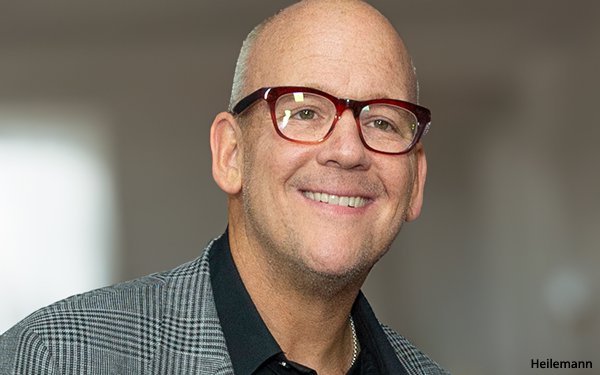
From a top-line political paid-media perspective,
what’s the future of a presidential TV political advertising spend -- one that totally overspends and gets weak results?
The Harris campaign and associated Democratic groups did exactly
that, spending a record $1.2 billion in media buys versus Trump and associated Republican groups at $750 million.
There may have been a lot of engagement. But what about media spend return on investment?
Leaving the electoral college numbers aside for the moment, all that work and expense resulted in a
vote of around 47% of the people. To be fair, much of this included improving “awareness” for those who didn’t know the Vice President. Still, the winning side got 51%.
And
then we could add in the expense of door-to-door, word-of-mouth marketing, where Harris' campaign knocked on some three million doors. How did that go?
advertisement
advertisement
Factor in rallies -- not just in
real-time attendance, but also TV coverage of that earned media -- and that may have been split 50-50 between Harris and Trump.
The wild card, of course, was social media -- specifically how
Elon Musk’s X platform might have swayed the situation, as well as other social-media sites -- looking beyond paid advertising to the harder-to-calculate “earned media” --
information, and yes, disinformation.
The Trump campaign spent far less on social media than in 2020, eMarketer says -- around $611,228, while the Harris campaign spent $12.2 million. These
numbers are way down from the $89.1 million the Trump campaign spent just on Meta platforms in 2020, with Joe Biden's campaign coming in at $85.2 million.
More importantly, there is a
volatility index to consider, and short-term thinking by the electorate -- who believe that politicians and government officials can’t quickly give us what we want.
So to keep everyone
on constant alert, and have politicians guessing, voters have now bounced with support of very different Presidents since 2008.
They vote for the “perpetual” change, says John
Heilemann, national affairs analyst for MSNBC: “They vote for eight years of Obama. He disappoints them. They vote for Trump. He disappoints them. They vote for Biden. He disappoints
them.”
He adds: "People are saying basically [constantly], 'Nobody is fixing my problems'." How does TV political advertising adjust to this heightened volatility?
Perhaps it
can’t. But if so, then why then spend millions on traditional TV political advertising?
This is especially significant if you are watching local TV newscasts, which have back-to-back,
nonstop political advertising.
Who is really watching this messaging? By FCC rules, this content has to air, and TV station owners increasingly see benefits in a big way.
Where does
that TV messaging go from here -- especially in those local TV markets of those still-important seven TV states?
The next step comes in identifying better engagement and business outcome
results -- with and without social-media messaging components.
Voter trust issues will continue to have politicians on a short leash.